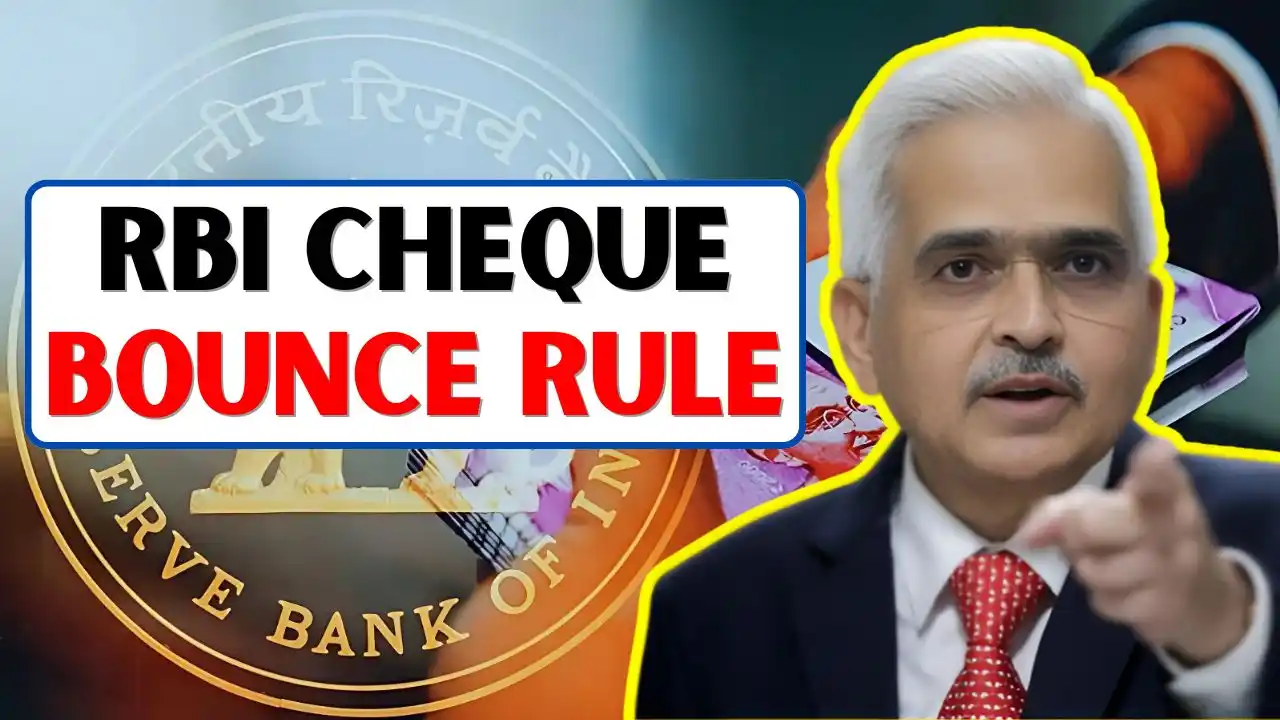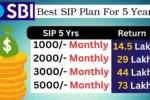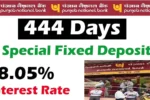With this major decision from the RBI, a big relief could be in store for the bank customers suffering from the miseries of cheque bounce. The entire operation of clearing the cheque and the imposition of penalties is being turned down to be more transparent and fair and customer-friendly.
What Is the New RBI Cheque Bounce Rule?
Under this new rule, banks will have to follow stricter guidelines before charging customers for any penalties in cheque bounce cases. In the past, customers were also charged when the cheques bounced due to technical reasons such as signature mismatch, overwriting, or image quality issues.
RBI has instructed that penalization is to be made only in cases of cheque bouncing due to insufficient funds or account-related reasons with technical reasons out of the picture. This comes as a big relief for bona fide customers wrongly penalized when their account balance was adequate.
Why This Decision Matters
Cheque bounce charges have been there long for concern to customers, especially entrepreneurs or frequent payers. With such a rule in place, the menace of being penalized wrongfully is set to decrease, and banks will be practically motivated to see that cheques go through smoothly.
This will also place a check on the multiple penalizations of a customer for a single failed transaction. Banks are required to notify the customer the moment his cheque is returned unpaid so that he has a fair amount of time for corrective measures.
Benefit For Customers
Thus, all this must build a customer-centric approach in banking systems. It will also build trust between banks and customers by eliminating unfair penalties. For example, businesses using cheque payments will find management easier without fear of unnecessary charges.
Final Thoughts
The decision of the RBI is considered a rather progressive step in the protection of the rights of bank customers. At the core of the move is the focus on real cheque bounce cases, and by removing penalties for technical issues, the RBI is trying to champion transparency and fairness.




